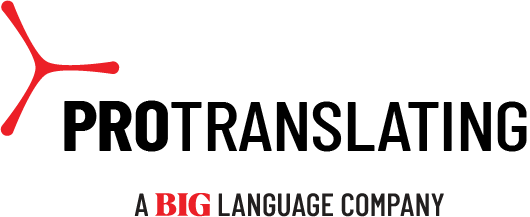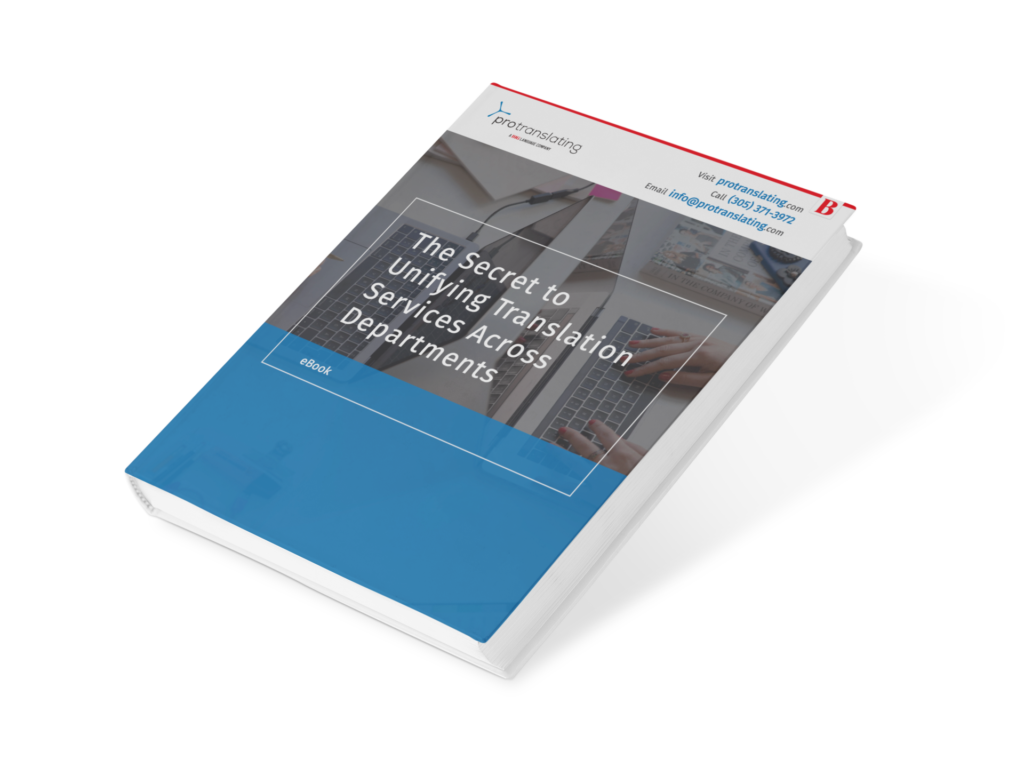Whether you’re looking for a new language service provider (LSP) or you’re re-examining your current LSP relationship, enterprise security should be a top priority. However, truly demonstrating ongoing compliance against industry-standard security practices comes by way of audits obtained through independent, unbiased third parties, rather than whatever claims an LSP makes in their marketing materials.
With an in-depth evaluation from an objective, reputable third-party auditor in-hand, you’ll be able to clearly evaluate risks and choose a security-first LSP with confidence. Here’s a look at the benefits of third-party security auditing, and different criteria to keep in mind as you evaluate your options.
The value of a third-party security audit
Even if your business leaders are well-versed in cybersecurity and feel qualified to evaluate security on their own, a third-party audit offers immense value to your business as a whole. Some benefits include the following:
- An objective view of the LSP’s security front. By eliminating partiality from the evaluation process, you can ensure the summary and insights from a third-party audit are reliable, comprehensive, and not intended to sway you in a particular direction.
- Third-party audits may facilitate benchmarking multiple LSPs. If you’re comparing multiple LSPs, security certifications offer objective standards for evaluating differing companies and practices.
The audit is led by proven security experts. Third-party auditors routinely evaluate enterprise security. By relying on established experts’ insights rather than your own, you can preempt claims of negligence should a costly data breach compromise your clients’ sensitive data.
Top certifications and standards for LSPs
The International Organization for Standardization has established many different standards relevant to the services provided by an LSP. ISO 9001, for example, is a quality management standard that reflects not only the quality of services rendered, but also the performance of those management workflows, which have a direct role in supporting security protocols.
ISO 17001, meanwhile, is specific to translation services and outlines standards related to the core processes, resources, and other aspects of delivering those translation services to clients. ISO 27001 is specific to information security and outlines standards to establish, implement, maintain, and improve upon existing security management systems within the organization.
Taken together, these various standards address many aspects of an LSP’s operations as it relates to security. Certifications and/or compliance with these standards can be provided or validated through a third party.
LSPs can also be evaluated through a SOC 2 Type 2 report, which is an independent audit of security protocols over a six-month minimum period—specifically in regards to how those protocols protect an LSP’s clients. As your business evaluates the relative risk of working with an LSP, a SOC 2 Type 2 report can help you understand the company’s security measures in terms of how your business is likely to either be protected or left exposed in a security breach.
Ensuring compliance with industry regulations
Some LSPs may have extensive experience serving clients within your industry. Others may be less familiar with your industry’s specific regulations. Regardless of their stated level of familiarity, your business wants to be confident in the LSP’s ability to meet all industry compliance requirements applicable to your business.
These security regulations can range from healthcare laws such as HIPAA to financial regulation to ITAR regulations set forth by the U.S. Department of Defense. Don’t settle for an LSP that claims to have experience following these guidelines—do your homework to make sure the company’s current operations meet these regulatory demands.
Put your company’s security first
When it comes to protecting your company from a data breach, outside vendors and security audits can sometimes be overlooked. But your business has an obligation to scrutinize the security measures practiced by your LSP and any other third parties that handle and store your sensitive assets and data.
Find an LSP that takes security as seriously as you do. Contact us today to learn more about our industry-leading security efforts.







